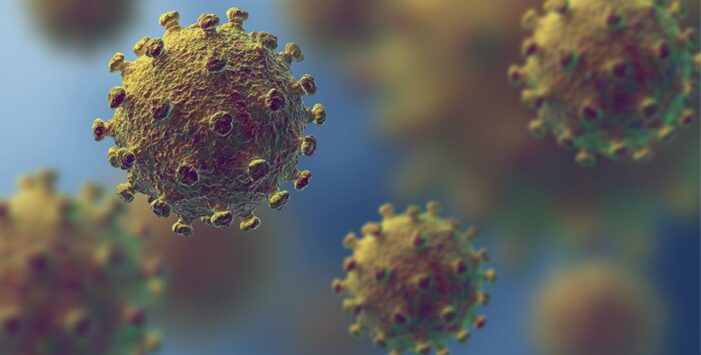The Phase 2b trial will enroll approximately 2,000 adults across the United States who have confirmed infection with SARS-CoV-2, the virus that causes COVID-19, and experiencing fever, cough and/or shortness of breath. The investigators anticipate that many of those enrolled will be 60 years of age or older or have a comorbidity associated with developing serious complications from COVID-19, such as cardiovascular disease or diabetes.
Participants will be randomly assigned to receive short-term treatment with either hydroxychloroquine and azithromycin or matching placebos. People living with HIV and pregnant and breastfeeding women also are eligible to participate in the study. The first participant enrolled today in San Diego, California.
Fauci defends clinical trial
“We urgently need a safe and effective treatment for COVID-19. Repurposing existing drugs is an attractive option because these medications have undergone extensive testing, allowing them to move quickly into clinical trials and accelerating their potential approval for COVID-19 treatment,” said NIAID Director Anthony S. Fauci.
As of May 13, the World Health Organization (WHO) has reported 4.17 million cases of and 287,399 deaths from COVID-19 worldwide. In the United States, 1.36 million confirmed COVID-19 cases and 82,246 deaths have been reported as of May 13, according to the Centers for Disease Control and Prevention (CDC).
Currently, there are no specific therapeutics approved by the U.S. Food and Drug Administration to treat people with COVID-19. Hydroxychloroquine is FDA-approved to prevent and treat malaria, as well as to treat the autoimmune diseases rheumatoid arthritis and lupus.
FDA approval
Some preliminary reports have suggested that hydroxychloroquine, alone or in combination with the FDA-approved antibiotic azithromycin, may benefit people with COVID-19. On March 28, FDA issued an Emergency Use Authorization (EUA) to allow hydroxychloroquine and medical-grade chloroquine to be distributed from the Strategic National Stockpile and prescribed by doctors to hospitalized adolescents and adults with COVID-19, as appropriate, when a clinical trial is not available or feasible.
“This study will provide key data to aid responses to the COVID-19 pandemic,” said ACTG Chair Judith Currier of the University of California, Los Angeles. “We are pleased to be able to leverage ACTG’s existing infrastructure for HIV treatment clinical trials to quickly implement this important study.”

